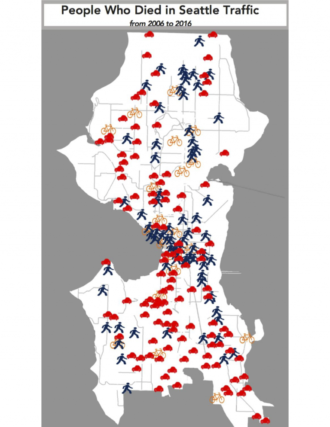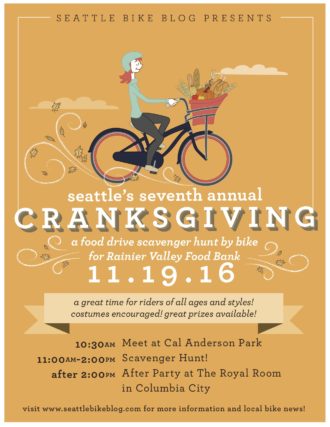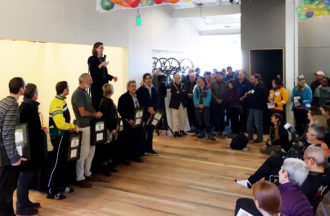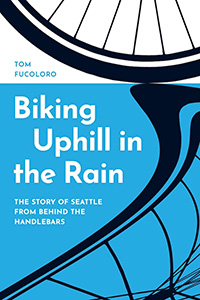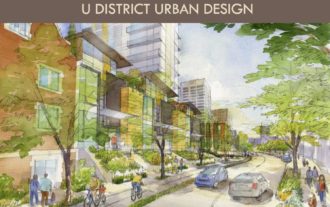
More people want to live in Seattle than there are homes. The number of people moving to our magnificent city is growing faster than all those cranes you see in the skyline can build.
When homes are put out to bid at market values, people who have more money get them. Those who don’t have as much money get priced out. Communities are broken up. Many families that can least afford the many costs of driving end up living in car-dependent suburbs. And since affordable rent is one of society’s most important safety nets, a growing number of people end up homeless when rents rise.
The cold reality of Seattle’s market-rate housing is shameful, and there is nowhere close to enough subsidized housing to meet the need. Our city is doing so many other things right, but it’s so far failed to respond to people’s most basic need: A home.
The good news is that there are also a lot of engaged people who want to respond to this affordability emergency with bold action. And the Seattle economy has plenty of cash flow to solve this problem, but only if we work as a city to prioritize affordability.
The city’s desire to take bold action will be tested this autumn as the City Council votes on a revamped U District urban design plan. You can weigh in on the plans starting at 5:30 p.m. tonight (Wednesday) at Hotel Deca (45th and Brooklyn). Presentation starts at 6, public hearing starts at 6:15. (more…)

